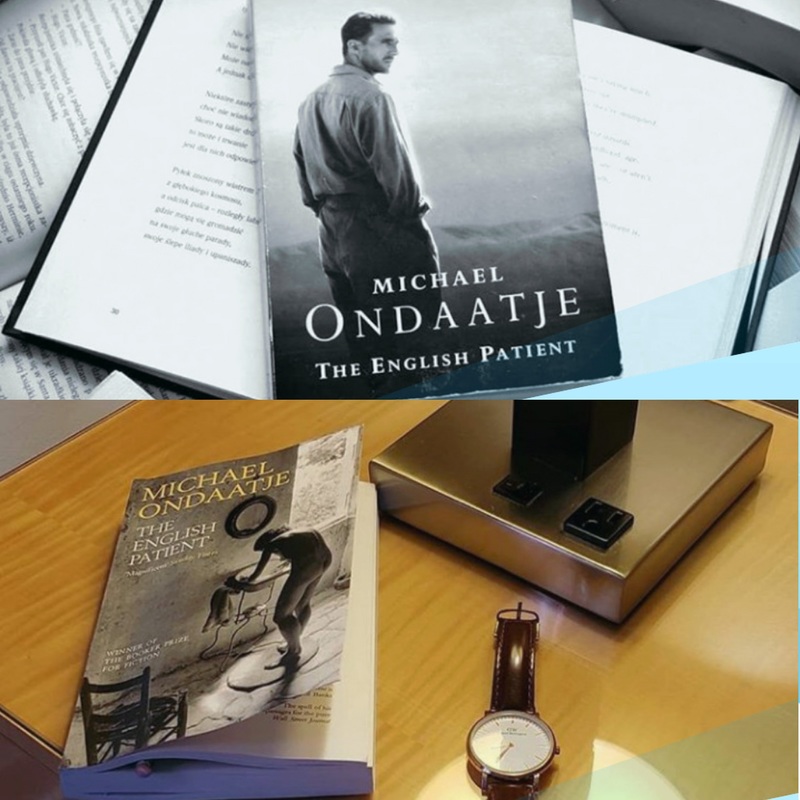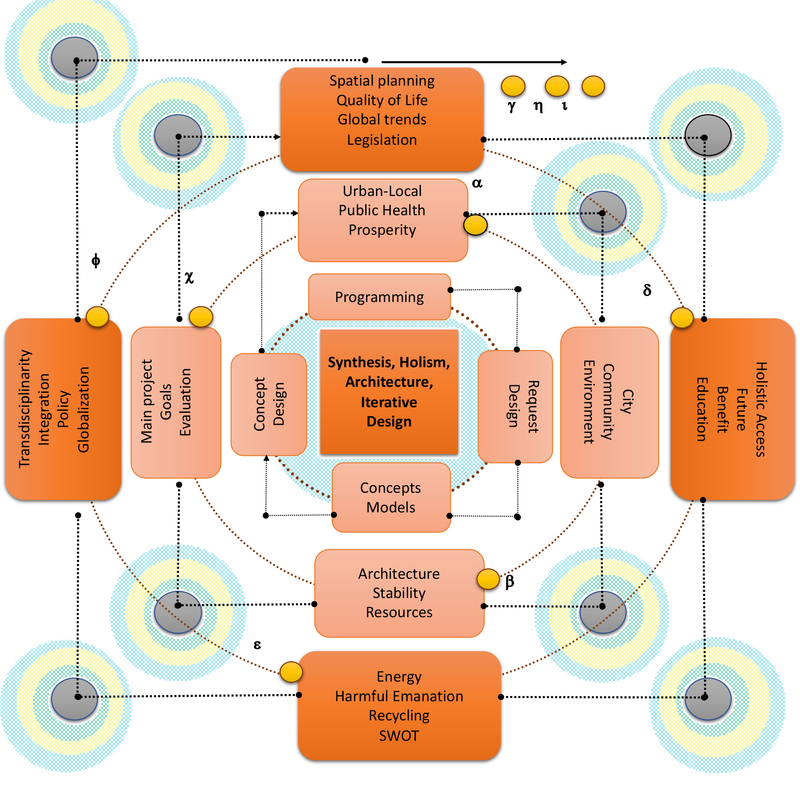Search
Gender and Career Progression in the Public Sector: An Empirical Appraisal on the Osun State Civil Service, Nigeria
DOI: 10.17160/josha.5.8.482
The study identified the policies and practices that impede women career progression in the Osun state civil service and ascertained the challenges faced by women in their career progression in Osun state civil service. These were with the view to assessing career progression of women in Osun State civil service. The study made use of primary data through the administration of a questionnaire. 145 female respondents were drawn from three ministries; Women Affairs and Child Development, Health and Education, Science and Technology. Data gathered were analyzed using frequency distribution. The result showed that there had been no improvement on the policies and practices on women’s career progression in Osun State civil service as there is limited access to professional training, sexual harassment for promotion, and differential rates promotion due to child bearing. The study concluded that women in Osun State civil service have negative experience in their career progression.
Candidacy, political parties and representative government in Nigeria
DOI: 10.17160/josha.5.8.481
The study using secondary source of data, such as the Electoral Act (2010), newspaper articles, journal articles, fourth republican constitution of Nigeria, etc. identified the processes involved in the emergence of a candidate for election in Nigeria and also examined the implications of the process for representative government in Nigeria. The paper revealed that the process involved in the emergence of a candidate from political party platform for election is by shadow or primary election or internal democracy. The paper also revealed that the process of a candidate’s emergence on a political party platform is a determinant of sustainable democratic practice in Nigeria. The study concludes that for democracy to be sustained in Nigeria, qualified party members must be allowed to take active part in primary elections and qualified adult citizens to vote in general elections.
Altering Identities- from Europe to Asia: Demented Impression of war and colonization in “A God in Every Stone” and “The English Patient”
DOI: 10.17160/josha.5.8.479
This article unleashes the torturous post-war effects in Kamila Shamsie’s A God in Every Stone (2014) and Michael Ondaatje’s The English Patient (1996), that had altered the ideologies of colonized. This is a qualitative research and theory applied in this article is post-colonial criticism. The study is an effort to expand the ways through which the war and colonialism paid their contribution to the alter the ideologies of colonizers and colonized. I will be analyzing the fragmented loyalties of characters in war incidents mentioned in the text of the novels. The novel attacks the colonial power, identity crisis, and the euro-centric approach of the British.
Computer-aided Harmonic Progression Analysis: CAT CaSe
DOI: 10.17160/josha.5.8.477
In this article we briefly introduce CAT CaSe. CAT CaSe is an innovative Android app, entirely based on an improved version of CAT (Cataldo Advanced Transformations), expressly meant for musicians (professionals and students). The app allows to instantly carry out a detailed analysis of any harmonic progression, without any exception whatsoever. All the phases that constitute the analysis are shown to the user, and the Harmonic Substitutions that occur are accurately discussed.
JOSHA – Journal of Science Humanities and Arts Editorial Volume 5 Issue 7
DOI: 10.17160/josha.5.7.475
With this editorial, we close the 7th issue. The highlight of this issue was the announcement of the Demetrios prize 2018. The prize was awarded to 4 outstanding contributions to JOSHA in diverse topics and the readers have the opportunity to enjoy reading the winning articles. We would also like to draw your attention to the other noteworthy articles in the field of music, literature and culture and architectural design that were published in this issue. In this issue, we also have an interesting article by Prof. Gerhard Steinmann and Prof. Roland Mertelsmann. They talk about the new policy that was announced by Austrian science fonds FWF (Fonds zur Förderung der wissenschaftlichen Forschung) which is crucial in the development of open access journals.
Narrative Interpretive Centers in Ray Bradbury’s Cistern: Exposing Internal and External Human Conflicts
DOI: 10.17160/josha.5.8.474
In the light of the inevitable twinning of linguistic theory and literary critical interpretation and appreciation, Ray Bradbury's narrative techniques constitute his thematic and aesthetic discourse. Bradbury’s stylistic narrative discourse evokes a set of narrative tools through which characters communicate ideas, thoughts, and feelings, creating aesthetic effects that appeal to readers. These blended artistic elements are interpreted in the light of the theoretical fictional context of narratorcharacter, character-character, narrator-reader interactions. Exploring a web of narrativecharacterization centers in Bradbury’s story Cistern, the paper sheds light on the centers of the point of view, dialogic narrative technique, and thematic concerns that include internal and external conflicts. Meantime, the paper draws on Gérard Genette’s analytical method of study of narrative discourse, among others.
The Evolution of Harmonic Progression Analysis: Ultimate CAT
DOI: 10.17160/josha.5.7.469
In this article we introduce an improved version of CAT (Cataldo Advanced Transformations). The purpose of CAT fundamentally lies in providing musicians with a reliable instrument that may effectively assist them in carrying out chord progressions analysis. The correct application of CAT allows to convert any harmonic progression, net of some very rare exceptions, into a mere sequence of plagal and perfect cadences. Amongst other features, the improved version of CAT, unlike the previous one, takes also into account Modal Interchange and Tonicization.
Convulsive desires: Characters in the filmography of Jan Švankmajer in relation to the Freudian death drive
DOI: 10.17160/josha.5.7.467
A character is a construct, a metaphor of the human nature, whose design consists in two principal aspects: the characterization and the true character – that which lies beneath the mask of characterization. Therefore, we can infer that every character, regardless of their level of prominence, consists always of two characters, the one it shows and the one that hides. In this research, we will focus on what remains hidden beneath the surface of characterization. In order to analyze the true character, it will be necessary to study the desire that conceals itself behind the motivation of the character. The uncertain abyss where desires flow is a field broadly explored by the Czech filmmaker Jan Švankmajer. His characters seem to be absolutely dominated by the pleasure principle and, therefore, in constant dispute between the pleasure and the reality principle. Nevertheless, this apparently liberating desire turns out to be the cause of their own perdition.
Scientific Europe Turns Into a Fair Mode: Open Access Journals Reducing The Cost of Knowledge
DOI: 10.17160/josha.5.7.466
According to the Austrian daily „Der Standard” of September 4th, 2018, the Austrian science fonds FWF (Fonds zur Förderung der wissenschaftlichen Forschung), Austria’s central institution for the funding of basic research, has communicated that the FWF together with ten other European research funding institutions have committed to require after January 1st, 2020 that all results from research funded by these institutions are published immediately in Open Access journals or platforms. These eleven institutions provide more than half of the European research funding flow. Up to day, only the Bill and Melinda Gates Foundation has pursued a comparable publication policy. As Martin Enserink pointed out on September 9th, 2018 in Science, the institutions do not accept any more delays of up to a year before an article is made openly accessible after submission to a journal or any additional charges for the Open Access publication. - This is good news!
Architecture: COLLECTION OF RESEARCH PAPERS PUBLISHED AT THE JOURNAL OF SCIENCE, HUMANITIES AND ARTS “JOSHA”
DOI: 10.17160/josha.5.7.465
The collection contains the research papers published from 14 September 2016, till 9 July 2018 at the Journal of Science, Humanities and Arts – JOSHA. The collection contents papers of the Architectural Design scientific field, followed by discussion and citations by various authors as the scientific comparative references. There are seven research papers, organized by the publication date, each paper extensive explain and discuss issues related to the specific topic of the Architectural Design, Sustainability, Air Quality, Environment, and Public Health Challenges.









